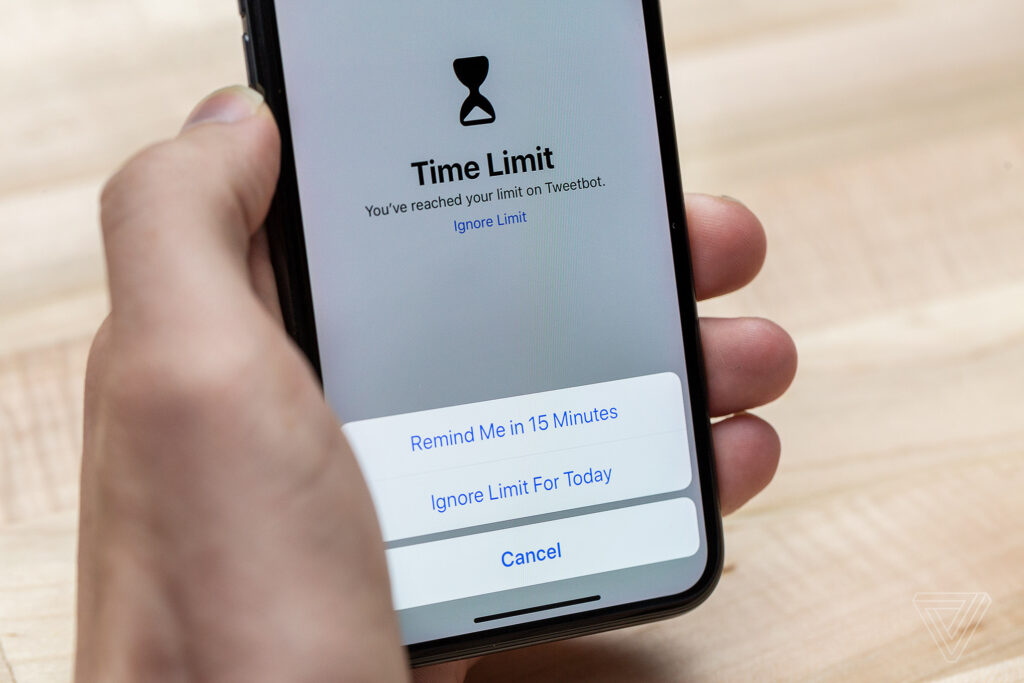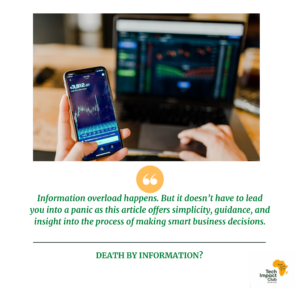It probably is no news to you that the advent of social media ushered in an era of an unprecedented rise in serious mental illness among adolescents, teenagers and youths.
Many studies have shown that there is indeed a connection between the pressure of unrealistic financial and physical standards set on social media and the increase in level of disappointment in financial status and dissatisfaction with one’s looks when at variance with the ‘common’ picture.
The need for external validation and acceptance by the ‘cool’ kids continues to drive many young people to desperate lengths to fit in, forcing many to
- develop severe eating disorders
- place themselves under an unhealthy level of stress while ‘securing the bag’
- aim towards cosmetic surgeries to look like what they look at etc.
The youths and middle aged are not left out of this attack on mental stability that has come with the increase in use of the internet. A major problem that many people face now is with the ability to work out of the traditional corporate setting.
Working from home has its perks no doubt, however the question remains – at what cost?

The lines between work life and personal life become greatly blurred as the home space has become the work space and the mental detachment from work that leaving a 9-5 job for home is erased. Most people find themselves responding to emails till late in the night and on weekends, distorting their rest and leisure patterns.
The elderly also face their fair share of mental assault as they are constantly inundated with unpleasant, sensational news and a barrage of information about global goings-on than they can handle.
The implication of this is that caring for one’s mental health requires deliberate and intentional effort. Many phones and digital devices make it possible to set daily limits to accessing social media, this can help restrict exposure to disturbing overload of information. It also encourages better physical interaction with the people in our immediate physical environment.

It also helps to remember that most of what is shown on social media is commercially-motivated geared towards pushing the ‘idea’ of a need in order to sell a product hence not all images are true representations like they seem.
Setting distinct work boundaries at home is also helpful. Designate a portion of your home for work purposes and keep work there. Keep your bedroom strictly suitable for resting; get dim lights and keep gadgets away. Turn off work notifications at the close of work and get the rest that you deserve.
Finally, it is important to seek professional help if you suspect that the pressure on you is overwhelming.
TIC Africa is an organisation focused on providing funding to brilliant ideas and initiatives by Africans in Africa that adequately address issues peculiar to the continent. Click here to read our interview with Michael, the founder of Mentor an African Child Initiative (MACI) and recent beneficiary of our Edutech fund for organisations making positive impacts during the COVID-19 pandemic.
Visit techimpactclub.africa for more stories from across the globe on the positive impacts of technology and the innovative ways humans have devised to provide solutions that work to challenges. For details on partnership or sponsorship, send a mail to techimpactclub@gmail.com


